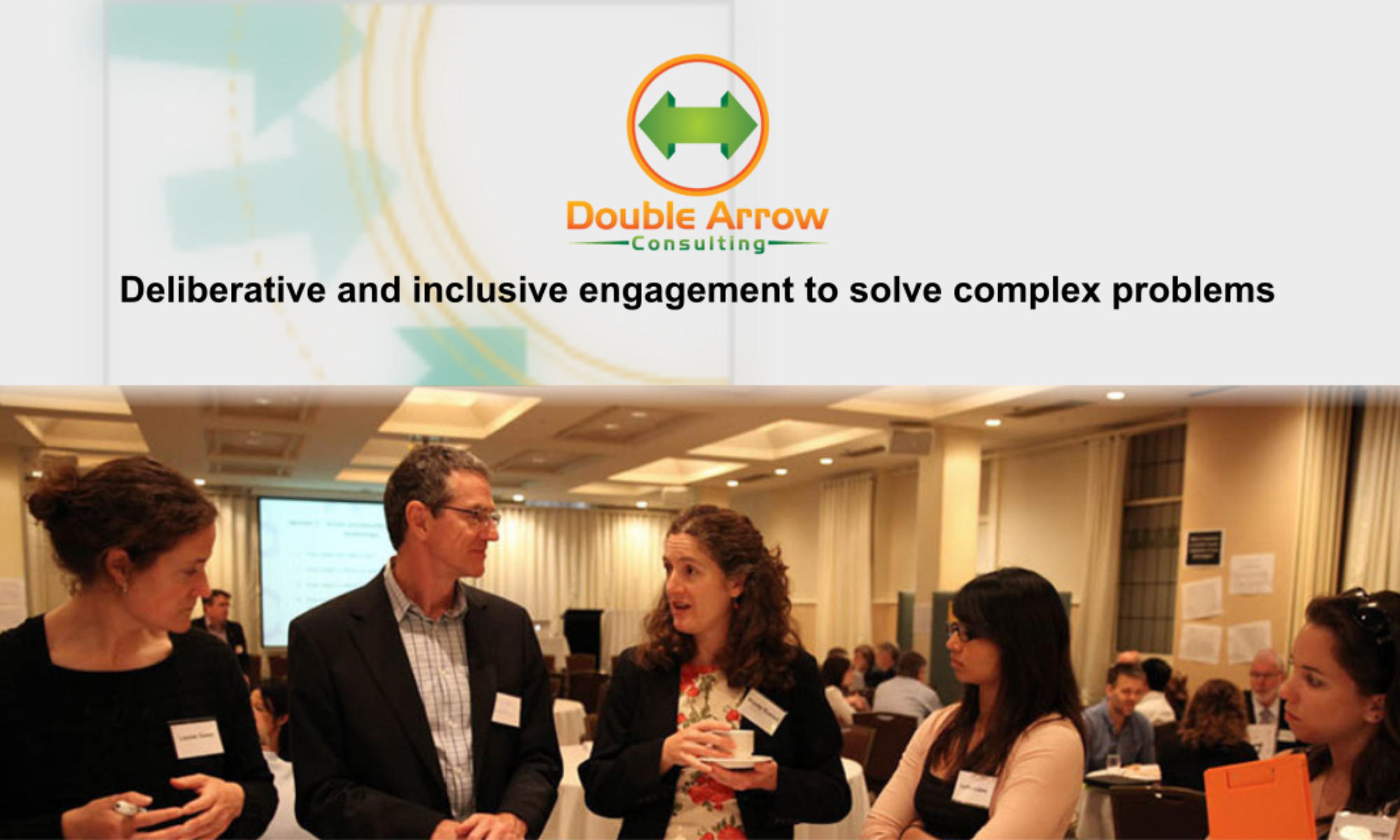Community and Stakeholder Engagement Part I – Why bother?
CRCs are in a better position than most research organisations to assess the entire research process, from ideas to real-world outcomes, and to connect research priorities and planning with this ongoing assessment.
Scientists understand the importance of taking innovations out of the lab and testing them in biological and ecological systems, through clinical trials or field trials. Few scientists test their ideas and inventions in the complex, messy, social contexts in which research products are translated and make their ultimate contribution. Such ‘social field trials’ require engagement, including with stakeholders and affected communities.
Stakeholder and community engagement can improve the accountability and transparency of research efforts, particularly public research, and help to establish and maintain a social licence to operate.
Unfortunately, engagement processes, particularly with the wider community, are often introduced at a late stage, when research results are ready to be implemented. Experience has demonstrated that this can be too late.
Robust research planning and evaluation should bring engagement in early. This can strengthen CRC work by:
• bringing social and public interest considerations to the forefront in research planning
• testing research ideas and innovations in ‘social field trials’ in time to modify them
• improving the acceptability of research products and building support for the research in relevant communities
• strengthening relationships between stakeholders, local communities and the CRC.
Public attitude research indicates that we need to move on from traditional efforts to build acceptance of research products, focusing on educating the public. Citizens very often see such efforts as patronising, arrogant and self-serving. Instead, there is a need to build the acceptability of research, through two-way dialogue with affected communities about how research can best meet social needs and goals.
Engagement involves decision makers and those affected by their decisions coming together in a space where social learning can take place. When all parties understand each other’s perspectives, aspirations and concerns, they are more likely to communicate in respectful and reasonable ways about goals and actions. They are thereby more likely to agree on ways forward, find acceptable compromises, or at least understand better why decisions are made.
Engagement processes need to have strategic objectives relevant to the context and robust methods to ensure their validity and utility (see parts II & III). They require thorough planning and evaluation.
